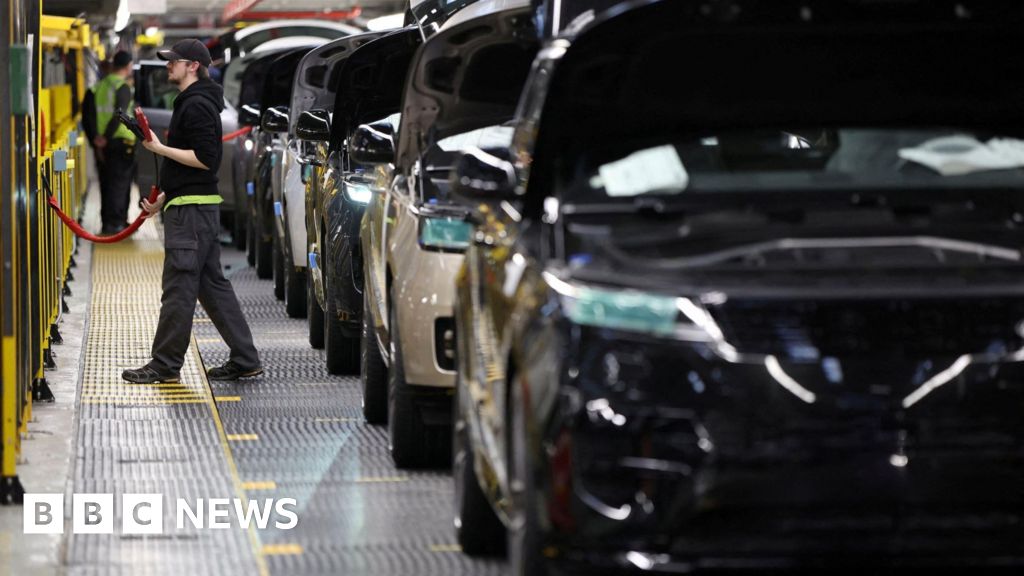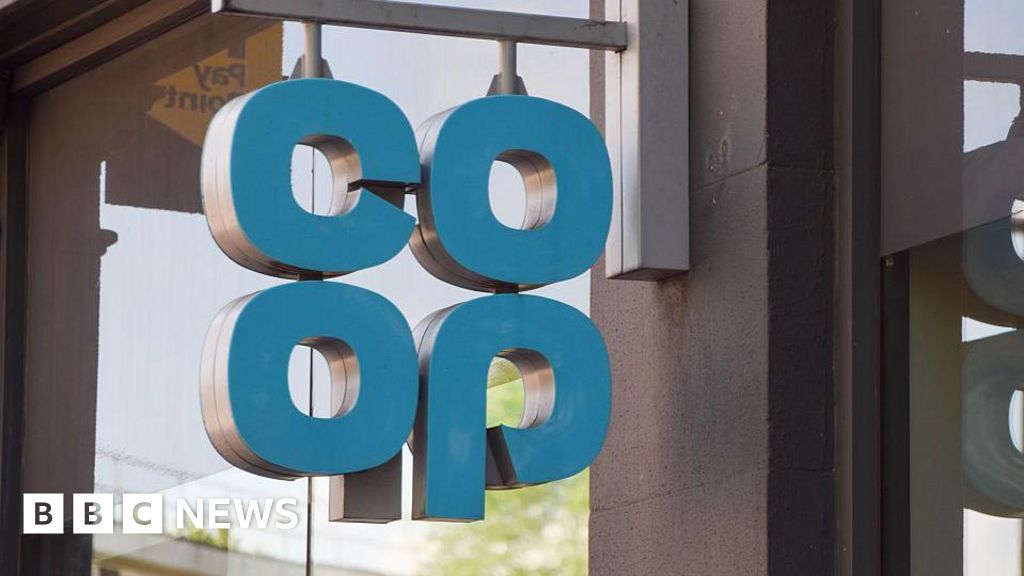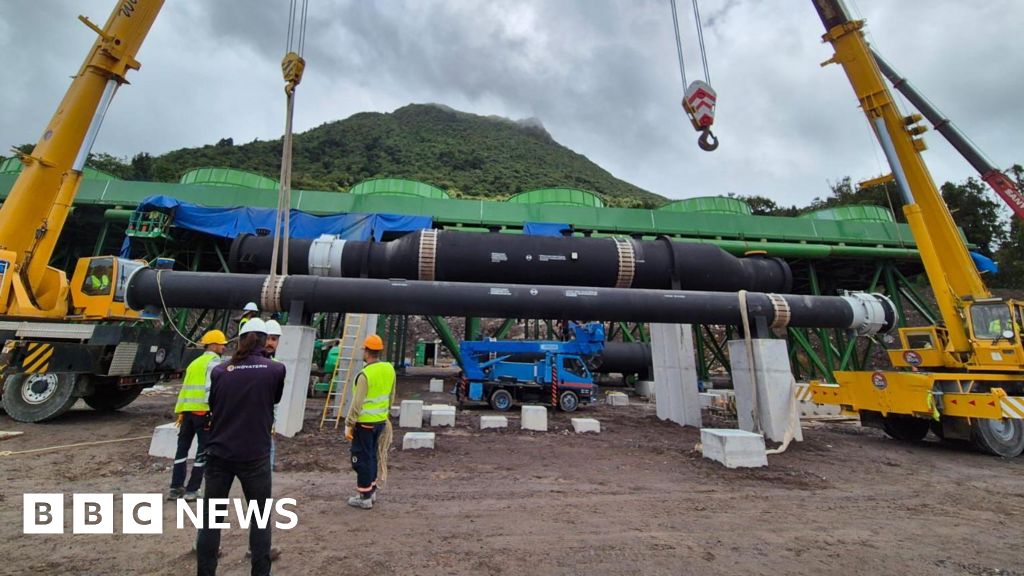ARTICLE AD BOX
By Kevin Peachey
Personal finance correspondent, BBC News
Image source, Getty Images
Ministers are facing growing calls to bring forward large increases in benefits and the state pension which will be paid from next April.
Charities want benefits to increase now to help people struggling with the cost of living, particularly energy bills.
A well-established system means the annual increase in benefits will match this September's inflation rate - but will only be paid from April 2023.
The Treasury says there are technical constraints in making earlier payments.
How the system works
State benefits including universal credit, older benefits such as disability support and jobseeker's allowance, and the state pension increase once a year, in April, to match the rising cost of living.
They are pegged to the inflation rate the previous September, although the state pension can also be linked to higher earnings or 2.5% - known as the triple lock.
Benefits and the state pension went up by 3.1% in April this year, to match the inflation rate in September 2021.
Forecasts suggest the rate of price rises could climb by this September. In turn, that would mean a rise in benefits and the state pension of close to 10% in April 2023.
In reality, people are paying higher prices for things now, but will receive higher benefits later.
Should the system change?
Economists at leading think tanks said there would be little effect on the public finances - and the £250bn welfare bill - if the Treasury decided to bring forward some or all of that increase.
"There is pressure on the government to fast-track the rise," said Robert Joyce, deputy director at the Institute for Fiscal Studies, an economic research group. "There has been a reluctance to do something so far."
Image source, Getty Images
Karl Handscomb, senior economist at the Resolution Foundation, said that keeping people waiting until next April was "a recipe for more debt".
"The main thing is the need to provide more support for those highly reliant on benefits," he said.
He said some people on the state pension would be among the most vulnerable to rising energy bills in the coming winter.
Why has no change been made?
There are no plans in the Treasury to increase benefits or the state pension before next April.
One of the key reasons for that, according to Chancellor Rishi Sunak, is that the welfare systems involved made it technically difficult to change the uprating and paying of older benefits before April.
It is possible to alter universal credit payments relatively quickly, as was done during the pandemic. Other payments such as disability support could take months to change.
Mr Joyce said that IT issues were no excuse for inaction.
"Even if they need a few months' notice, that is better than waiting another year," he said.
Mr Handscomb, from the Resolution Foundation - which focuses on people on lower incomes, said: "If they get started now, they can do it before the next energy price rise in October."
He said that the benefits system was the best way to get money to those who needed it but, even if that proved impossible, there were other ways to help people out. This targeted support could include paying more to aid people to pay their energy bills.
The Treasury said such help was already in place.
"We understand that people are struggling with rising prices, and while we can't shield everyone from the global challenges we face, we are supporting British families to navigate the months ahead with a £22bn package of support," a government spokesman said.
"That includes saving the typical employee over £330 a year through a tax cut in July, allowing people on the universal credit taper rate to help people keep more of the money they earn - benefiting over a million families by around £1,000 a year, and providing millions of households with up to £350 each to help with rising energy bills."

 2 years ago
63
2 years ago
63








 English (US) ·
English (US) ·